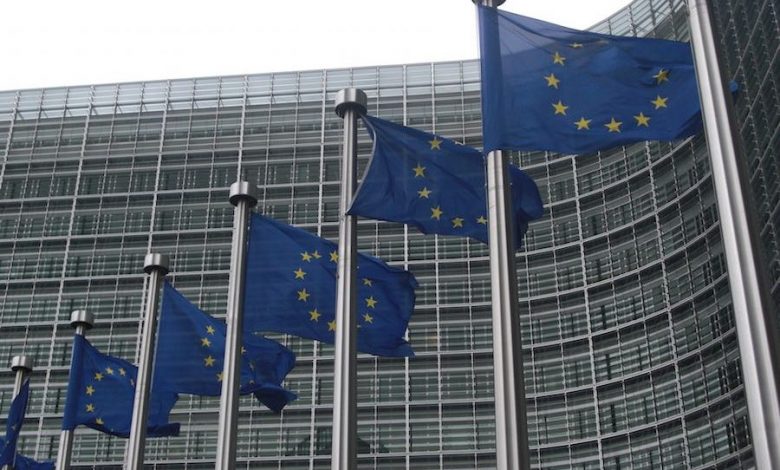Parliament votes to include shipping in EU’s carbon trading scheme

The European Union Parliament has voted in favour of extending its carbon market (ETS) to shipping and road transport, two weeks after it also voted on expanding coverage to all departing flights from the EU.
The parliament agreed to include all ships above 400 gross tonnage and offshore vessels in the EU’s carbon market. Polluters will have to pay for CO2, methane and nitrous oxide emissions when sailing within the EU and 50% of voyages outside of the bloc until 2027.
After 2027, the scope of the carbon market will be automatically extended to 100% of ships entering and leaving European ports. Lawmakers did, however, exclude ice-going ships and ships traveling to the outermost regions.
Europe’s clean transport campaigner, Transport & Environment (T&E) has hailed the move and called on national governments to adopt an equally ambitious position in the European Council later this month.
The European Community Shipowners’ Associations (ECSA) also welcomed the parliament’s commitment to enforcing the ‘polluter-pays’ principle, by ensuring the mandatory pass-through of the ETS costs to the commercial operators of the vessels through contractual clauses. It also supported the proposal to create a dedicated fund and to earmark 75% of the revenues generated by the shipping allowances to the sector’s energy transition.
“European shipowners welcome the increased climate ambition of the ‘Fit for 55’ package. We have criticised the lack of consistency and have put forward workable solutions. The parliament’s vote is a strong signal that the European policy-makers listen to us and take into account the proposals of our sector. We need all hands on deck and the role of the commercial operators is key for reducing emissions. The earmarking of the revenues to shipping is a prerequisite for financing the uptake of cleaner fuels. It’s a make-or-break moment for the decarbonisation of shipping and the competitiveness of the sector,” said Sotiris Raptis, ECSA’s secretary-general.

The exemption mentioned seems very confusing. What exactly is the definition of “ice-going ships” Does this mean all ice-classed vessels regardless of where they are operating, or ice-classed vessels are excluded when they work predominately/partly in sea ice, or vessels operating predominantly in northern regions regardless of the ice conditions (e,g, does the exemption apply in July or August in the Baltic sea?)